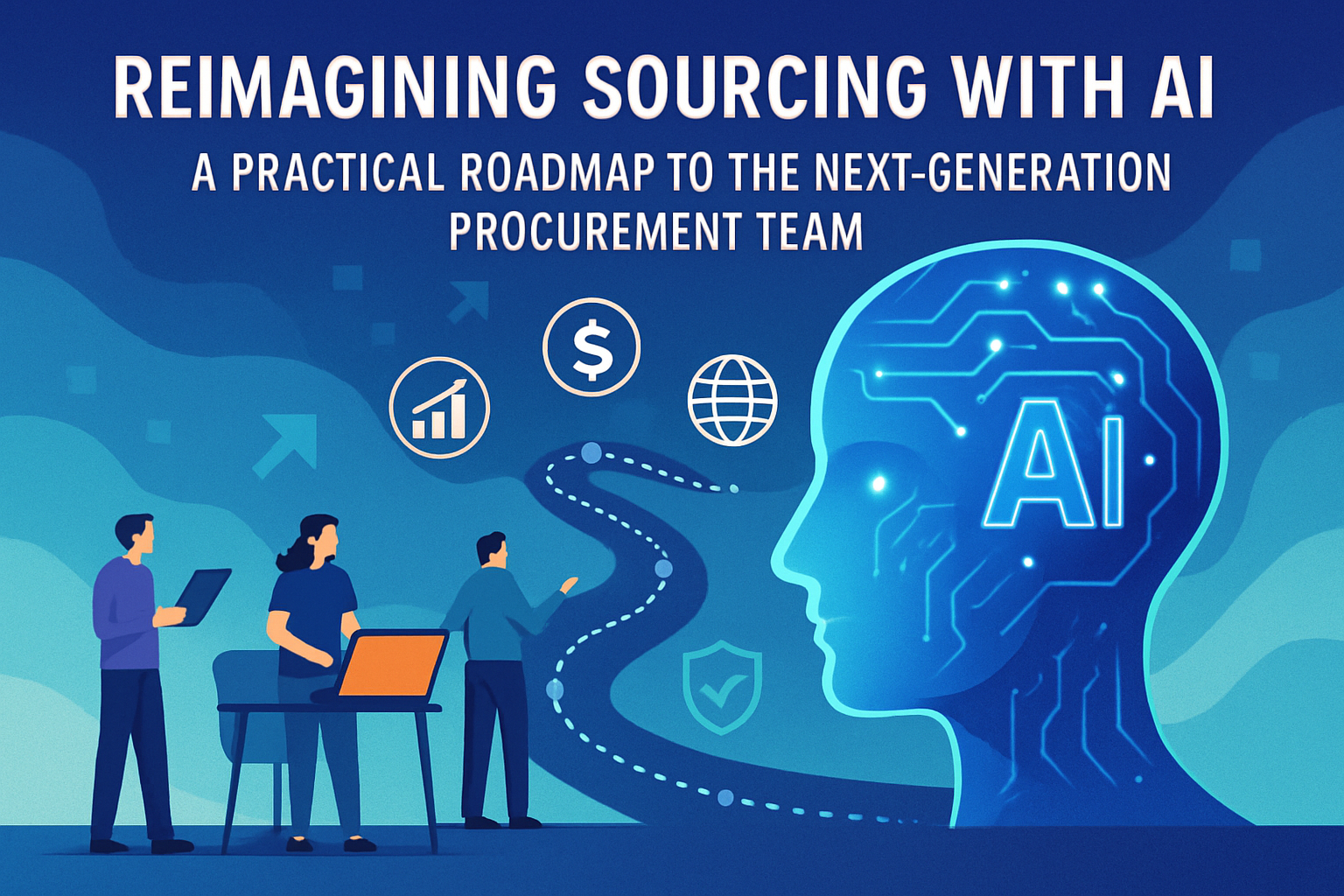Now Is the Time to Focus on Supplier Diversity

After years of diversity and inclusion (D&I) being treated as a buzzword, many organizations are now taking a closer look at whether their actions are making a meaningful difference. In some cases, companies are thinking more about D&I in the businesses they work with, particularly their suppliers. Tackling the development of a more inclusive value chain, including services and goods, may seem like a daunting task. But, if there’s anything that 2020 has taught us, it’s that now is the time to move from words to action in achieving your organization’s goals.
Why Is Supplier Diversity a Critical Priority Now?
In the procurement space, the term supplier diversity has been used for many years. Generally speaking, the concept of supplier diversity refers to companies seeking to do business with organizations that are owned by certain traditionally underrepresented groups or those that meet a certain size criterion. Numerous studies have shown that diverse populations produce better results and improve the bottom and top line. Inclusive value chains are no different. Here are three reasons why diversity is more important now than ever:
1. Value Chain Diversity Adds Economic Value
Research shows that companies with a diverse supplier base actually add economic value by employing businesses that otherwise would not be able to survive. Small and diverse businesses may have more limited access to capital and business development opportunities. By investing in relationships with diverse suppliers, larger companies can support smaller businesses by creating jobs and uplifting the communities in which they operate. For example, in 2018, CVS Health reported that its commitment to working with small and diverse suppliers had created an economic impact of $5.5 billion and supported over 30,000 jobs.
Moreover, improving the inclusiveness of your value chain can mean a direct increase to your bottom line. If your business operates in the B2B space, your customers may require that your value chain meet certain diversity criteria before they will consider awarding your company business. A Hackett Group study found that developing a strong reputation for dedication to supplier diversity can result in increased market share—in fact, the companies that had a high proportion of diverse spend increased market share at a distinctly better rate than those that did not.
2. Diversity Ensures Agility and Innovation with the Best Service at a Competitive Price
It’s well documented that increased competition in the value chain drives costs down and pushes efficiencies up. Introducing more small and diverse suppliers to competitive sourcing events ultimately lowers costs. As a recent HBR article notes, “inclusiveness can make value chains more resilient and agile.” Small and diverse suppliers are often leaner and more responsive than larger players and are able to pivot quickly when things change. As we’ve all learned in 2020, things can change drastically and rapidly. An inclusive value chain will make your organization more agile and provide multiple channels from which to procure goods and services. A diverse value chain can also lead to greater innovation. Providing an inclusive platform for different voices to be heard can lead to new and innovative solutions to customer problems as well as new approaches to product development and services delivery. Pursuing supplier inclusion can help give your company an edge when it comes to competition, costs, and innovation.
3. Diversity Promotes Company Values and Honors Corporate Responsibility
Simply put, sourcing and onboarding smaller and diverse suppliers is not just the right thing to do, but it is a way for organizations to give back to their communities. Many companies have corporate statements about their company values and commitment to corporate responsibility, economic inclusion, and making the world a better place through the goods and services they provide and the way that they operate. Pursuing supplier diversity helps companies stay true to these statements. In an era where performative allyship has become rampant and consumers are rightfully skeptical of empty corporate statements about D&I with no real teeth to them, statements alone without substantive actions are not going to be enough to convince customers and partners that a company is really honoring its commitment to D&I. Putting the spotlight on supplier diversity is a great way for companies to “put their money where their mouth is.”
Supplier Diversity Is Everyone’s Responsibility
We are at a pivotal moment globally where the world’s attention is focused on social justice issues. D&I are just pieces of that puzzle, but they are essential ones. Today, there is unparalleled energy and momentum for these initiatives, and companies have unique opportunities to realize the benefits of a more inclusive supplier base. This is the right moment to capture the attention of senior leadership to get resources allocated to pursue these goals and to start realizing the vision of economic inclusion that these initiatives naturally foster. In part two of this series, we’ll explore best practices when it comes to supplier diversity programs, common challenges, and some tips to avoid the challenges.
***********************
Mili Desai is Director, Legal Sector & Customer Success at Globality.
Watch this introductory video showing how Globality helps companies select the best service suppliers at the right price, while at the same time prioritizing supplier diversity.



